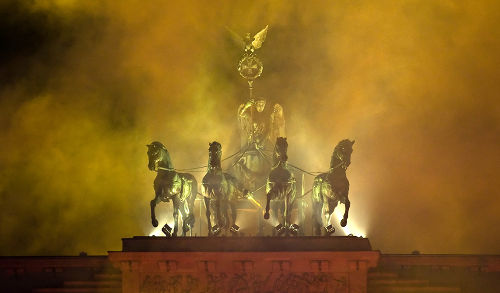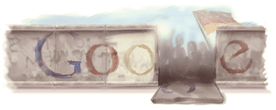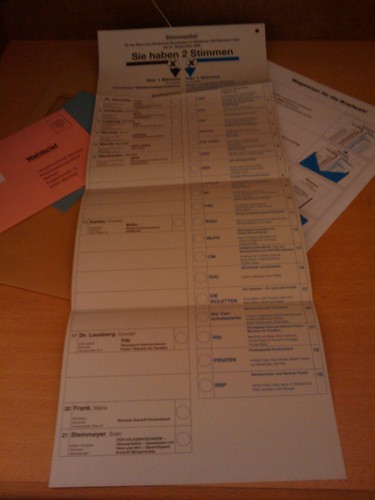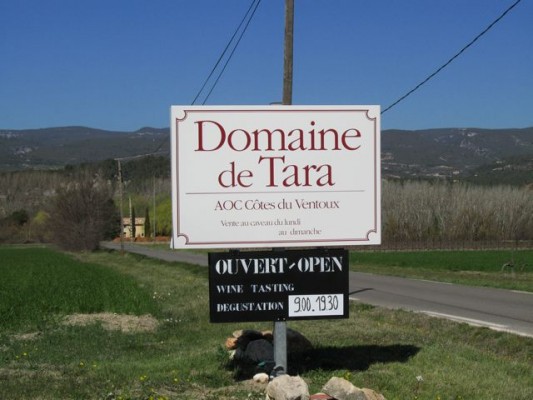Now that a year of photos on this blog is over, I can get back to dedicating this place to my public disagreement with people who are wrong on the Internet!
Twitter published yesterday that they are now capable of reactively blocking certain tweets for the users from certain countries only, should they be required to censor certain content in one country but not others. Previously, they were only able to remove tweets globally, whether or not certain content was illegal in all affected countries or not. As an example, they mention tweets promoting Nazism, which is illegal in Germany and France.
Mark Gibbs at forbes.com smells the opportunity for outrage and paints a grim vision of proactive, automated censorship at Twitter, and he even announces the beginning of the end of Twitter itself. Sadly, the article teems with outrageous yet wrong claims:
For example, Gibbs states that Twitter was considering, let alone be forced, to employ preventive, automated censorship using fuzzy statistical algorithms. This is in no way backed by the original source he's commenting on nor the laws that spawned this in the first place. For instance, while denying the Holocaust is illegal in most of Europe and many other countries across the globe, pre-censorship is usually illegal, in Germany even unconstitutional. Only "post-censorship" (i.e., keeping an existing publication from being distributed after the fact) is, by way of court order, legal -- much like in many other countries including the US.
This and only this way of reacting to illegal content after the fact is what Twitter claims to be able to do in their press release. To be more precise: Twitter was already required to follow the laws in the countries it operates in. I am not aware of a case when this might have previously happened, but if they were required to remove an incendiary tweet previously, they would have to delete it globally due to technical restrictions, not only in the area where a law was being violated -- only now, Twitter will not have to settle for the lowest common denominator anymore. Arguably, that's an improvement.
That said, I am as sensitive to the dangers to freedom of speech as the next guy, and I am a passionate opponent of certain legislation in my home country. Any sort of censorship, whether it may be deemed legitimate or not, is a restriction of free speech and bears the potential for abuse. Consequently, the biggest problem here is not the removal of tweets that directly violate laws protecting the democratic order of certain countries--our biggest worry, instead, should be the Chilling Effect this may cause (Chilling Effect, or "the scissors in the head" as it was termed over a century earlier in the 1840s in Germany, refers to the preemptive self-muting by a person fearing punishment when expressing their opinion). Therefore, I am quite happy that Twitter (along with Google and others) is publishing any block requests it receives on chillingeffects.org, thus exposing such requests to public scrutiny and political discussion.






 Let's start with the oldest one: On November 10,
Let's start with the oldest one: On November 10, 
 Last, but certainly not least,
Last, but certainly not least, 


